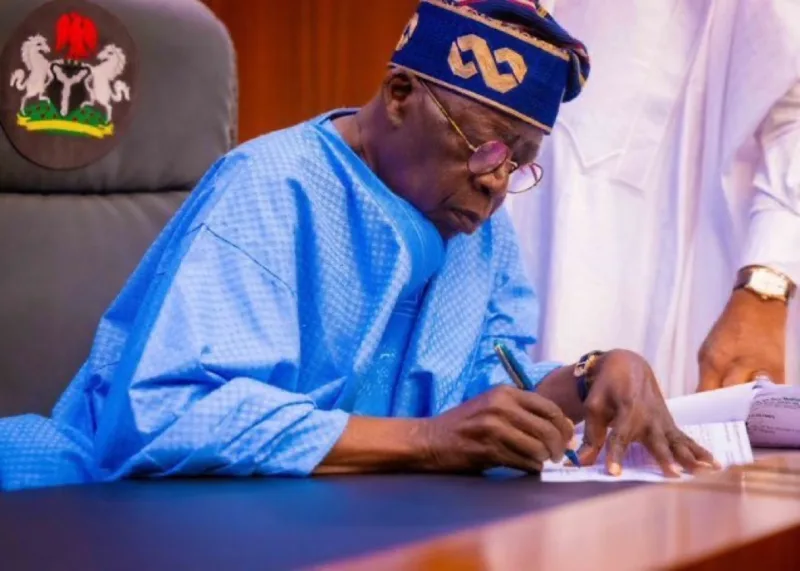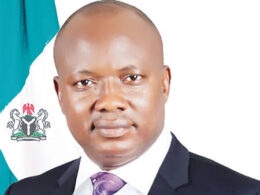The Nigerian federal government has disclosed a staggering capital shortfall of N2 trillion ($2.5 billion) in the electricity sector, emphasizing the crucial need for revitalization to ensure a consistent and reliable power supply across the nation.
Olu Verheijen, an energy adviser to President Bola Tinubu, highlighted the sector’s challenges, citing burdensome debts and insufficient capital hindering investments in expanding household electricity distribution.
The prevailing issues, including inadequate pricing, irregular revenue collection, and an ailing national grid, have compelled many residents in Africa’s most populous nation to rely on noisy generators for their power needs.

Lagos, a city of 25 million people, is grappling with a meager 1,000 megawatts from its grid, a stark contrast to Shanghai, which supplies over 30,000 megawatts to a population of similar size. Verheijen underscored the urgent need for recapitalization alongside plans to make electricity tariffs reflective of costs.
This strategic move aims to address liquidity challenges and enhance the long-term sustainability of the power sector. Without tariff adjustments, there is a looming risk of increased energy subsidies, particularly given the recent 50% depreciation of the Naira against the dollar and rising inflation, potentially reaching N1.6 trillion in 2024.
In light of these challenges, the government’s focus extends beyond financial injections, aiming to implement comprehensive measures that encompass both recapitalization and tariff adjustments.
The objective is to create a resilient power sector capable of meeting the nation’s growing energy demands while mitigating economic uncertainties tied to currency fluctuations and inflationary pressures.











I loved you even more than you’ll say here. The picture is nice and your writing is stylish, but you read it quickly. I think you should give it another chance soon. I’ll likely do that again and again if you keep this walk safe.